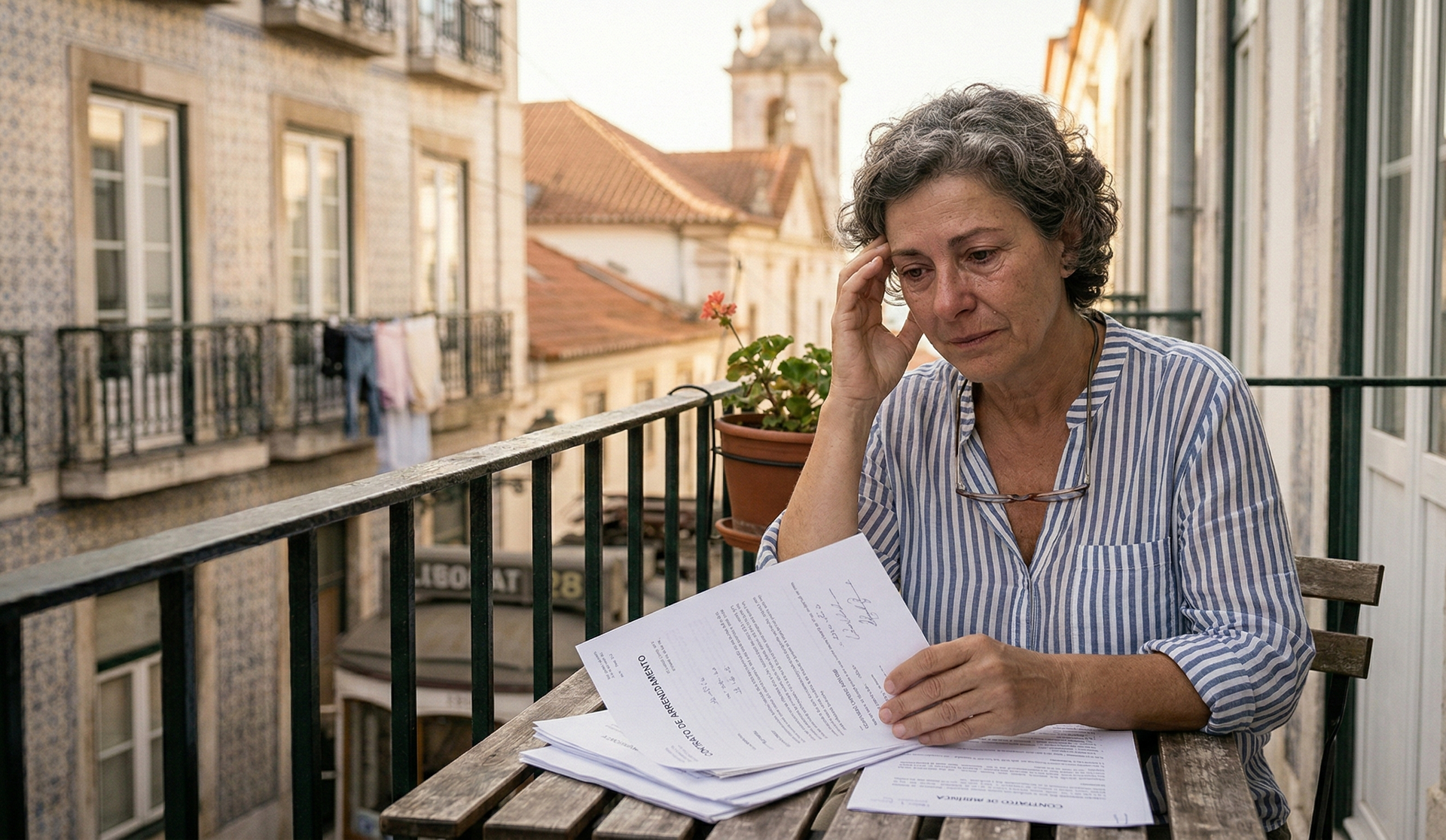The CIPLE Portuguese Language Test
The CIPLE (Certificado Inicial de Português Língua Estrangeira) is a mandatory proficiency exam for those who are looking to get Portuguese citizenship. This simple A2 Portuguese test ensures that those who become a Portuguese national have a basic understanding of the language. Everyone who’s eligible for the Portuguese nationality will need to take the CIPLE exam.
The A2 Portuguese language test is about 2 hours long and comprised of three different sections:
- First, oral comprehension.
- Second, reading and writing.
- Third, oral expression.
Oral comprehension takes 30 minutes and accounts for 30% of the overall score. In this part, the applicants need to demonstrate their ability to understand simple short sentences and basic daily conversations.
Reading and writing takes an hour and a half and accounts for 40% of the score. Applicants have to read and understand simple texts, usually in the form of informative texts, news or a short story, and answer questions related to these texts to demonstrate their comprehension. In the writing part applicants need to compose a short text with common phrases and frequently used expressions. It can be easier if you write about yourself or about people you know well.
Lastly, a short 10–15 minute speaking test, which requires applicants to use simple everyday phrases with basic structures, as well as interact based on given topics and images.
Although the language test is relatively simple, it would be a good idea to prepare well for the test to build your confidence and familiarize yourself with Portuguese. If you receive a mark of 55% or higher you will have a passing grade and will have earned your certification.
Learning a new language can be overwhelming. However, there are several language institutes and schools that offer multiple class formats: either you prefer online or presential, group or private classes, you will find one that fits your needs and learning speed. There are also many websites and apps to get you started. One of the most useful is the website from Instituto Camões, which promotes the learning of the Portuguese language internationally.
The CIPLE is officiated by the CAPLE - Centro de Avaliação e Certificação de Português Língua Estrangeira and can be taken in different language testing centres across the world. Internationally, the CIPLE exam takes place in May, July, and November. In Portugal, you can take this exam in March, June, September, or October.
You must bring your passport, ID card or residence permit to the exam. It will cost you €72, which must be paid at least 24 hours before taking the exam. And you will have to wait at least 2 weeks to know the results.
Take your time to practice. You can start little by little, daily, building up your confidence and working on your pronunciation. When the time for your exam arrives, you will be completely ready for the Portuguese proficiency test.










